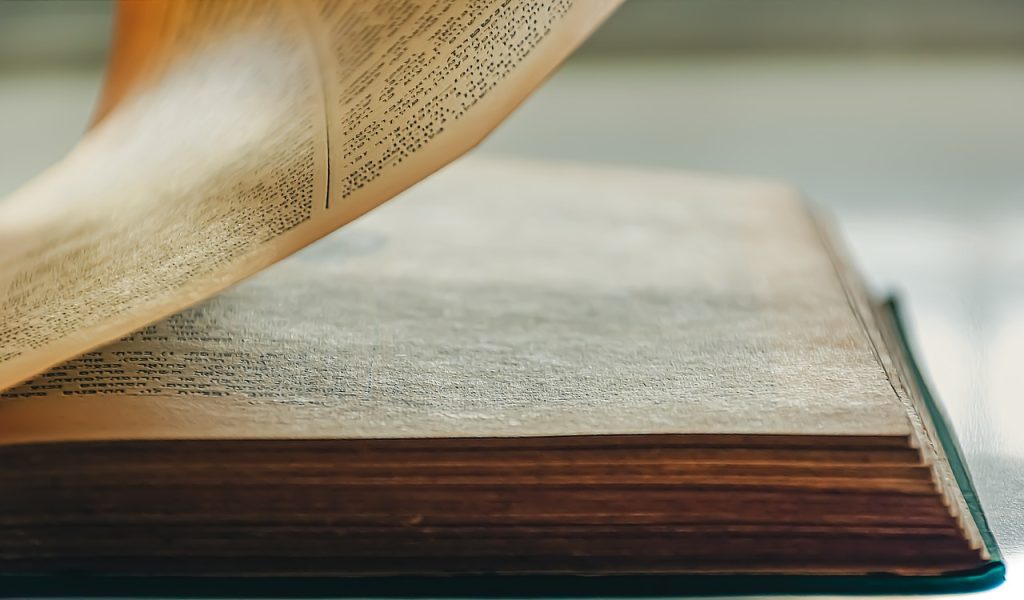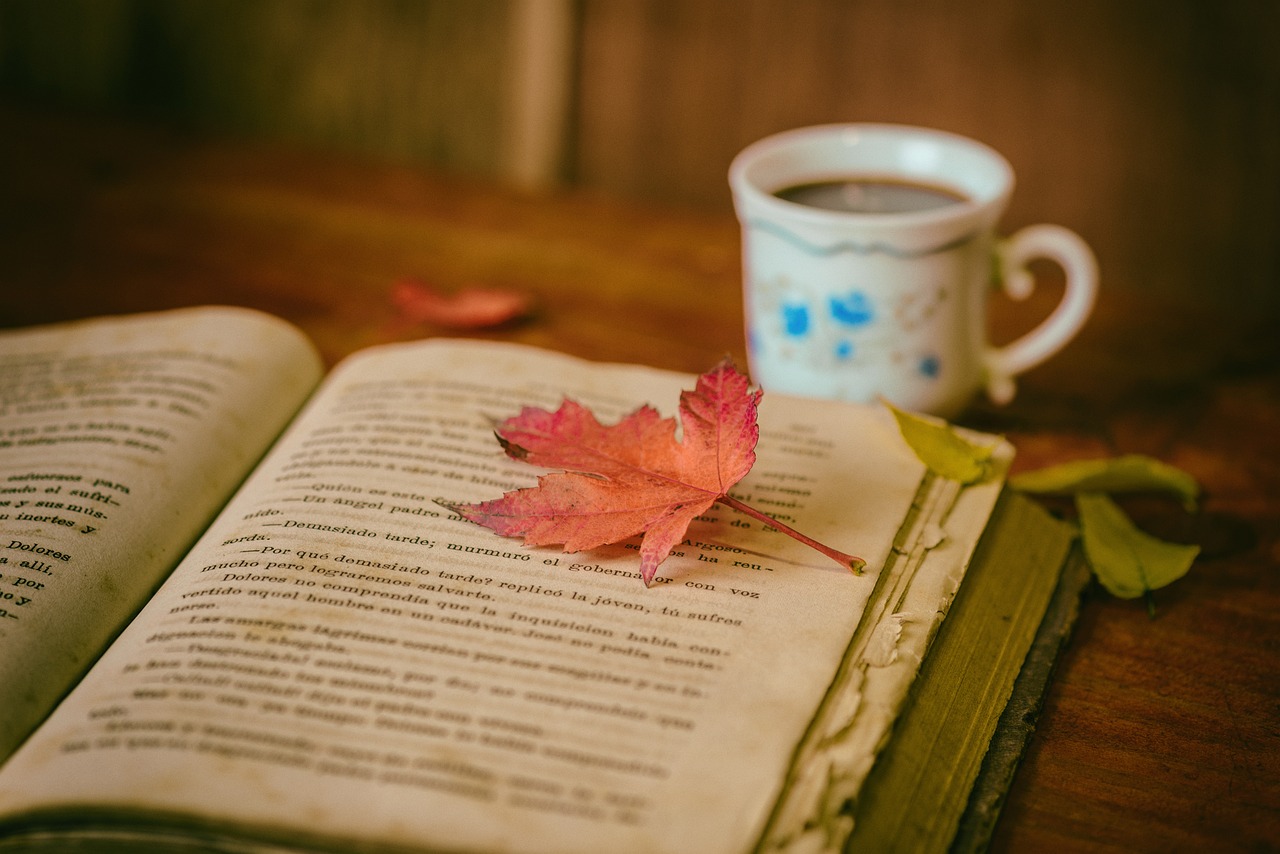Translation serves as a bridge between cultures, allowing the rich tapestry of one language’s literature to be appreciated by speakers of another. In the realm of classical Chinese poetry, several translators have made significant contributions, illuminating the works of ancient poets for global audiences. This article explores the lives and achievements of notable translators, their philosophies, and the impact of their translations on the appreciation of Chinese poetry.
An Engaging Story: The Journey of a Poem
Imagine a scholar in the early 20th century, poring over a fragile manuscript of Li Bai’s poetry. As he translates each line into English, he feels the weight of history and emotion embedded in the words. This scholar is not just translating text; he is unlocking a world filled with beauty, longing, and philosophical depth. His work will allow readers far removed from the Tang Dynasty to experience the essence of these timeless poems. This narrative reflects the transformative power of translation and sets the stage for understanding the contributions of key figures in this field.
Xu Yuanchong: Bridging Cultures Through Translation
A Life Dedicated to PoetryXu Yuanchong (1921-2021) stands as one of the most prominent figures in translating classical Chinese poetry into English and French. His career spanned several decades during which he translated numerous works, including poems from the Tang and Song dynasties, as well as Lao Tzu’s Tao Te Ching. Xu’s approach emphasized not just accuracy but also beauty, striving to capture the musicality and emotional resonance of the original texts.The “Three Beauties” ConceptXu introduced the concept of the “three beauties” in translation: semantic beauty (the deeper meaning), phonological beauty (the sound and rhythm), and logical beauty (the coherence and structure). This philosophy guided his translations, ensuring that they were not only faithful to the original text but also aesthetically pleasing. His translation of Selected Poems of Li Bai has been particularly praised for its ability to evoke the same emotional responses as the original Chinese.
Ezra Pound: The Modernist Pioneer
Revolutionizing Perceptions of Chinese PoetryEzra Pound (1885-1972) played a crucial role in introducing Chinese poetry to Western audiences. His translations, while often criticized for their liberties with the original texts, sparked interest in Chinese literature during a time when it was largely unknown in the West. Pound’s famous translations from The Book of Songs and his adaptations of Li Bai’s works emphasized brevity and imagery, aligning with modernist aesthetics.Impact on Literary MovementsPound’s work laid the groundwork for subsequent generations of poets and translators who sought to explore Eastern philosophies through poetry. His belief that Chinese poetry could offer profound insights into human experience resonated with many modernist writers, influencing their own creative expressions.
Lucas Klein: Contemporary Contributions
Bringing Contemporary Voices to LightLucas Klein is a contemporary translator whose work has significantly contributed to making classical and modern Chinese poetry accessible to English-speaking audiences. His translations include works by late Tang poet Li Shangyin and contemporary poet Bei Dao. Klein’s translations are known for their clarity and fidelity to the original texts while maintaining poetic qualities that resonate with modern readers.Recognition and AwardsKlein’s translation of Notes on the Mosquito: Selected Poems of Xi Chuan won acclaim for its ability to convey complex emotions and cultural nuances. His dedication to collaborating with other translators and poets enriches his work, fostering a community that values precision and creativity in translation.
The Challenges of Translating Classical Chinese Poetry
Cultural Nuances and Linguistic BarriersTranslating classical Chinese poetry presents unique challenges due to linguistic differences and cultural nuances. Classical Chinese often relies on allusions, historical references, and layered meanings that may not have direct equivalents in English or other languages. Translators must navigate these complexities while striving to preserve both meaning and form.The Balance Between Fidelity and CreativityTranslators face a delicate balance between remaining faithful to the original text and adapting it for contemporary readers. While some prioritize literal translations, others embrace creative interpretations that capture the spirit rather than the exact wording. This debate continues to shape discussions around translation practices in literary circles.

Conclusion: The Enduring Legacy of Translation
The contributions of renowned translators like Xu Yuanchong, Ezra Pound, and Lucas Klein have played an indispensable role in bringing classical Chinese poetry to a global audience. Their dedication to capturing both the beauty and depth of these works has opened doors for readers worldwide to engage with ancient texts that might otherwise remain obscure.As we celebrate their achievements, it is essential to recognize that translation is not merely a technical exercise but an art form that bridges cultures and fosters understanding. Through their efforts, these translators have ensured that the voices of ancient poets continue to resonate across time and space—reminding us that literature has the power to connect us all through shared human experiences.
